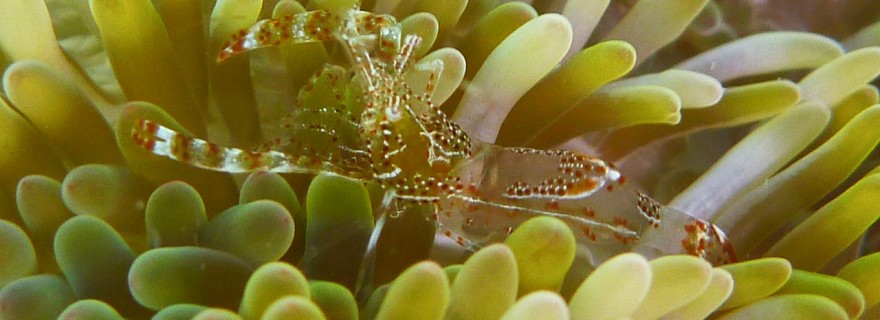A biotechnology company developing an unusual drug—derived from the venom of a sea anemone to treat autoimmune diseases such as psoriasis and multiple sclerosis—reported encouraging results from a phase 1 clinical trial.
Seattle-based Kineta Inc. said it expects early next year to begin recruiting patients for the next stage of the drug's development, a phase 2 clinical trial. Kineta said the drug, called dalazatide, is intended to block only the white blood cells that cause many autoimmune diseases. Traditional treatments for autoimmune disorders suppress the entire immune system, putting patients at risk for infections.
Phase 1 trials are preliminary, meant to test the safety and tolerability of a new drug in a small group of patients. The bulk of new drugs tested fail to advance to phase 2 trials, which test a product's efficacy among a larger group.
Autoimmune diseases affect as many as 23.5 million people in the u.s., especially women, according to the National Institutes of Health. Prevalence of the diseases, in which the immune system attacks the body's own organs, tissues and cells, is increasing, for reasons that aren't clear. There is no cure.
“The results of this trial indicate an important advance in developing next-generation treatments for autoimmune disease that specifically regulate the immune response without broad immune suppression,” said Dr. Shawn Iadonato, Kineta's chief scientific officer.
Dalazatide is derived from the venom of the sun anemone, which lives on reefs in the Caribbean. It is part of a burgeoning research effort, much of it centered in Australia, to find new treatments, including painkillers, from the venoms of snakes, spiders and other creatures. Dalazatide is the first compound emerging from this area of research, which was the subject of a Wall Street Journal article in April, to be tested in humans, Kineta said.
For its phase 1 clinical trial, Kineta enlisted 24 patients with psoriasis, an autoimmune disorder that causes scaly patches on the skin. Participants were randomly assigned to three groups—those receiving 30 micrograms of the drug, another getting 60 mcg and a third given a placebo. Injection treatments were administered twice a week for four weeks, and patients were followed for an additional month.
Although the study wasn't intended to measure the drug's clinical efficacy, Kineta said patients receiving dalazatide, especially those getting the higher dosage, showed improvements in standard measurements of their psoriasis lesions that continued throughout the follow-up period. The placebo group had no changes.
The results were preliminary and further testing would be needed to confirm them.
Read more: Novel Drug From Nature Shows Early Promise






